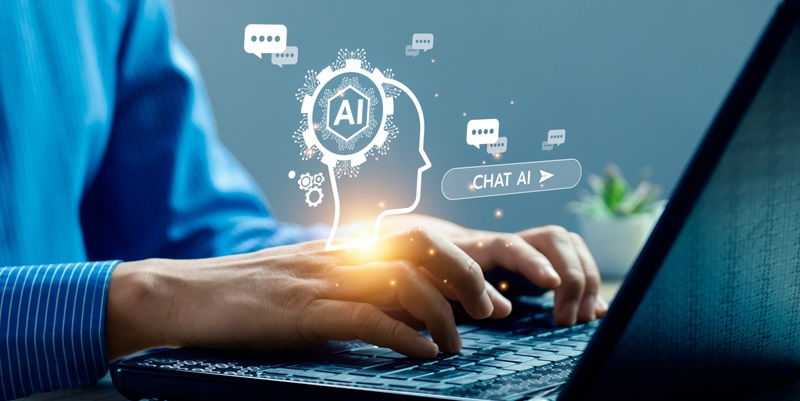Generative AI, often referred to as the “elephant in the room” by Lucy Beaumont, solution lead at software company SHL, is poised to revolutionize the HR industry. With its ability to automate and enhance various HR processes, generative AI holds immense potential. In this article, we explore the benefits, compliance challenges, restricted use cases, and the perception surrounding generative AI in the context of HR.
Potential Benefits of Generative AI in HR
Generative AI presents numerous opportunities for HR professionals. The anticipated gains include increased efficiency and accuracy in hiring processes, improved talent acquisition, enhanced employee engagement, and greater insights into workforce analytics. By leveraging advanced algorithms, machine learning, and natural language processing, HR teams can streamline their operations, identify top candidates, and make data-driven decisions.
Compliance issues surrounding AI in the U.S.
The US faces a legal battleground when it comes to compliance around AI. Governments at both state and federal levels are cracking down on potential biases and discriminatory practices enabled by AI. Regulations are being implemented to ensure fairness, transparency, and accountability in AI-driven HR processes. However, striking the right balance between innovation and regulation remains a challenge.
Restricted Use of AI in Hiring Practices – A Case Study
New York City has taken a significant step by restricting the use of artificial intelligence in hiring practices. The move aims to prevent discrimination based on protected characteristics such as race, gender, and age. This case study has broader implications, raising concerns about biased algorithms and the potential negative impact on equal opportunities for applicants. Other regions may follow suit, necessitating a careful examination of AI implementation in hiring.
Lack of regulations in the UK
While the U.S. grapples with compliance challenges, the UK lacks specific AI regulations governing its use in the workplace. This regulatory void raises concerns about potential risks such as biased decision-making and privacy violations. Policymakers and industry leaders must collaborate to establish clear guidelines that strike a balance between driving innovation and ensuring ethical and responsible AI adoption.
Simple Use Cases for Generative AI at Work
Use cases for generative AI at work extend beyond hiring processes. From automating routine HR tasks and optimizing employee scheduling to providing personalized learning and development opportunities, generative AI has the potential to transform various aspects of HR. By leveraging algorithms to analyze vast amounts of data, AI-powered systems can enhance decision-making and resource allocation.
Addressing Human Bias with AI
One of the critical advantages of generative AI is its ability to address human bias in hiring decisions. By mitigating unconscious biases and using objective criteria, AI systems can promote fairness and diversity in applicant selection. However, it is essential to ensure that the algorithms are trained on unbiased and representative data to prevent perpetuating existing biases.
Comparing AI and Human Decision Making
Contrary to popular belief, AI can outperform humans in certain decision-making scenarios. By analyzing vast amounts of data in a fraction of the time, AI systems can identify patterns, trends, and correlations that humans may overlook. While human intuition and empathy have their merits, the combination of AI and human input can yield superior outcomes.
Perceptions about AI in hiring
Sentiments surrounding AI’s role in the hiring process are decidedly mixed. Some embrace the potential of AI to find the best-fit candidates objectively and efficiently. Others express concern about the potential for bias and discrimination. Striking a balance between AI and human decision-making, while addressing regulatory concerns and public sentiment, is crucial for wider acceptance and adoption.
The Future Potential of Generative AI in HR
Despite the challenges and controversy, generative AI has the potential to be a great leveler in the HR industry. As regulations evolve, organizations and HR professionals must adapt and leverage generative AI to identify and maximize talent, create fair and inclusive workplaces, and drive productivity. In the coming years, generative AI will likely play an increasingly pivotal role, fueling innovation and transforming HR practices.
Generative AI is an increasingly disruptive force in the HR industry. It offers numerous benefits but also raises compliance challenges and concerns surrounding bias. Striking the right balance between innovation, regulation, and fairness is crucial for successful adoption. As generative AI continues to evolve, organizations must embark on a thoughtful and responsible journey to leverage its potential, ensuring that human judgment, ethical considerations, and equal opportunities are at the forefront. By doing so, a future where generative AI empowers HR professionals to make unbiased, data-driven decisions awaits.

